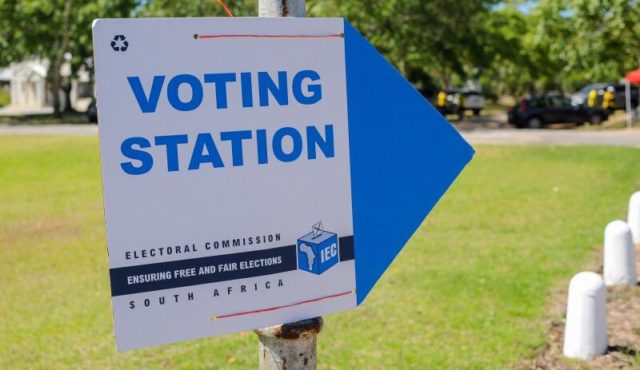“We are concerned that there appears to be a hardening of attitudes among South Africans, and almost a move towards militarism and extremism among supporters of the left and the right”
AN ELECTION monitoring group comprising religious and civil society leaders has said it is concerned about the polarisation of South African political attitudes on both sides of the political divide.
The Electoral Commission (IEC) has said that elections are scheduled for between August and November.
The Electoral Code of Conduct Observer Commission (ECCOC), co-chaired by Anglican Archbishop Thabo Makgoba and Roman Catholic Archbishop Stephen Brislin, also warned of the dangers of the flouting of Covid-19 regulations in the run-up to the elections, especially if by that time there was no effective vaccine.
Spokesperson Lionel Louw said: “We are concerned that there appears to be a hardening of attitudes among South Africans, and almost a move towards militarism and extremism among supporters of the left and the right, which could impact on future elections. There appears to be a polarisation and almost a romanticisation of violence.”
Archbishop Brislin said: “We are also concerned about the flouting of the Covid-19 regulations by many who went to vote in the recent by-elections. This does not augur well, especially as this year’s municipal elections will be much bigger than the by-elections. In the absence of an effective vaccine, we could be endangering large parts of our population during elections.”
Political commentator Ntsikelelo Breakfast said: “In recent by-elections we have seen a new trend in virtual mass mobilisation through social media instead of large public gatherings in answer to the threat of Covid-19, so there should be no real fears there.
“The worries expressed by the ECCOC must be seen in the light of the fact that while democracy is a great system it is not a panacea for societal problems.”
Political analyst Shingai Mutizwa-Mangiza said although there had been a ratcheting up of polarising political rhetoric in recent times, this could be traced partly to the disruption of economic and social life in the country by the Covid-19 pandemic.
“Ever since the emergence of the EFF in 2014 with their game-changing campaigns, such as pay back the money, parties such as the DA, which were caught on the back foot, have come to adopt a more aggressive posture, and this could explain the harsher language and perceived polarisation” Mutizwa-Mangiza said.








